All Reviewed Nonfiction
-
95
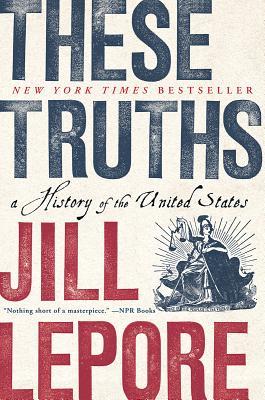 These Truths by Jill Lepore
These Truths by Jill LeporeThe history of the United States can be told in the language of prosperity, of war, of progress, or of oppression, among many others. Lepore depicts it as an endless ideological struggle, of ideas and philosophies that drive the American experiment from a shaky past into an uncertain, but hopeful future. From the first European settlers to make landfall on the American continent to the end of Barack Obama's presidency, Lepore writes an extensive and compelling history of our nation.
-
92
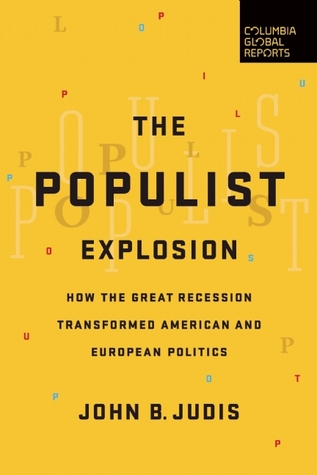 The Populist Explosion by John B. Judis
The Populist Explosion by John B. JudisThe Great Recession has shown that the neoliberal promise of order and prosperity that once dominated global politics no longer holds true for large swaths of the population. The emergence of the Tea Party, Donald Trump, Occupy Wall Street, and Bernie sanders points to a changing tide in modern politics. Judis argues that they all use the language of populism to unite voters across traditional boundaries of class, race, and ethnicity to oppose a wealthy and corrupt "elite."
-
89
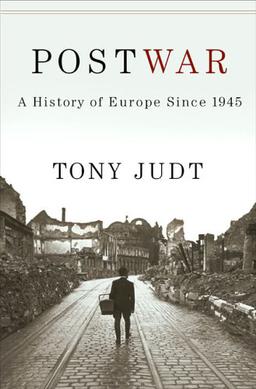 Postwar: A History of Europe Since 1945 by Tony Judt
Postwar: A History of Europe Since 1945 by Tony JudtPostwar is an awe-inspiring history of the European community rebuilt from the remnants of World War II. It plunges into the horrendous regimes of postwar dictators, perilous revolutions led by university students, and viscous wars that both tore down and gave birth to new nations.
-
85
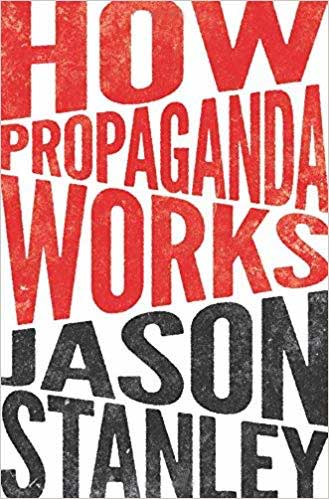 How Propaganda Works by Jason Stanley
How Propaganda Works by Jason StanleyHow Propaganda Works rigorously defines, describes, and identifies propaganda in modern democracies. In today's world, propaganda has learned to wear a number of masks. Jason Stanley provides us with the tools necessary to build sound arguments against this enemy of reason.
-
84
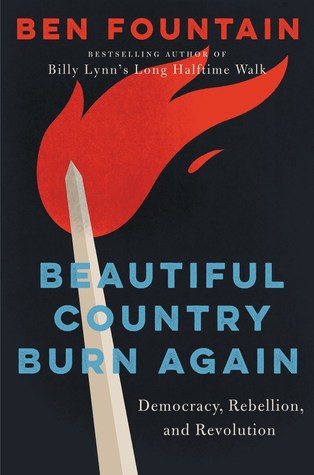 Beautiful Country Burn Again by Ben Fountain
Beautiful Country Burn Again by Ben FountainHow could the media and polls have been so wrong about the 2016 election? Ben Fountain compiles his own work on the campaign trail to paint a picture vastly different from what the media depicted at the time.
-
83
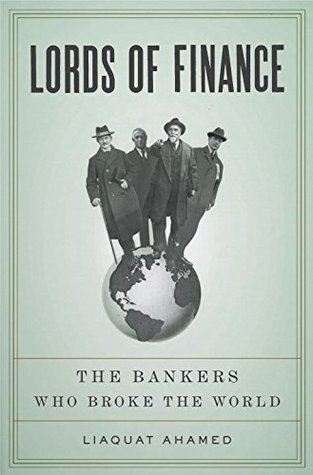 Lords of Finance by Liaquat Ahamed
Lords of Finance by Liaquat AhamedIn the ruins of WWI, war debt and reparations weighed heavily on European countries. The central bankers of Britain, France, and Germany had to come together alongisde the United States – now a first-class economic power – to rebuild the global economy. Their mistakes would soon drive the world to the Great Depression.
-
82
 Property by Robert Lamb
Property by Robert LambPrivate property is of the most fundamental human rights for some, while for others it's the principle cause of injustice and poverty in the modern world. In this survey of political philosophies both in defense of and against private property, Robert Lamb hopes to shed a light on why the institution is ultimately justifiable.
-
82
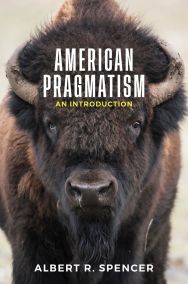 American Pragmatism by Albert R. Spencer
American Pragmatism by Albert R. SpencerAmericans are known for our dismissal of traditions and norms, our rugged individualism, and our pragmatism. But, what is pragmatism? Albert R. Spencer surveys the philosphical tradition and how it relates to our understanding of American exceptionalism.
-
81
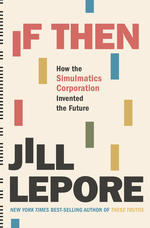 If Then by Jill Lepore
If Then by Jill LeporeThe rise of political consulting, advertising, and computers divided and dissected voters into smaller interest groups. Data was collected and processed at blinding speeds to predict how people would vote. The Simulmatics Corporation was founded in this era. It claimed to accurately forecast the outcome of presidential elections. It stumbled along, occasionally making correct predictions, often not. The Department of Defense would hire the company to predict insurgency in Vietnam, which Simulmatics would then use domestically to predict urban riots. It would thrive and collapse under its pseudo-scientific claims, but lay the groundwork for predictive analytics in the 21st century.
-
81
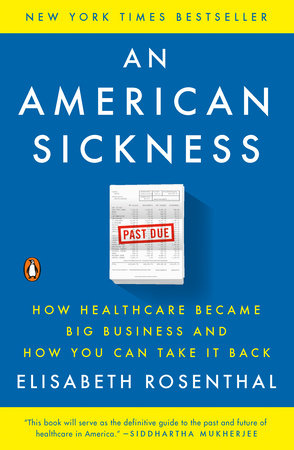 An American Sickness by Elizabeth Rosenthal
An American Sickness by Elizabeth RosenthalAmerican healthcare is in disarray. Pharmaceuticals are at astronomical prices, hospital bills can send people plummeting into bankruptcy, and millions of Americans go without health insurance every year. How did it get to this, and what can we do to fix it?
-
80
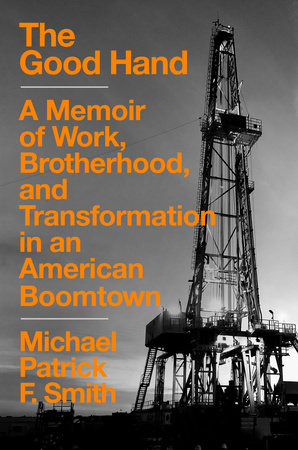 The Good Hand by Michael Patrick F. Smith
The Good Hand by Michael Patrick F. SmithOn the windswept plains of North Dakota, Michael Patrick F. Smith records his experience of becoming a "Good Hand" in the oil fields. He lays out, unflinchingly, the good and bad associated with American boomtowns – opportunity and poverty, brotherhood and toxic masculinity, friendship and racism. From sleeping in his car to finding an outrageously overpriced space in a flophouse, to finally securing a job and building trust with his coworkers, Smith's first-hand account depicts what life may be like for many migrant workers in America today.
-
72
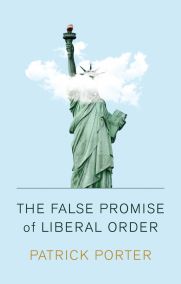 The False Promise of Liberal Order by Patrick Porter
The False Promise of Liberal Order by Patrick PorterMany believe that the relative peace of the last century is coming to an end. The rise of authoritarians across the globe indicates that the liberal, democratic order may fail. Porter argues that the order was never really liberal; it was based on the imperialistic dominance of the United States and the compliance of its allies. This contradiction between American democratic values at home and its illerbal foreign policy is revleaing cracks in the myth of liberal order and showing the global stage for what it actually is.